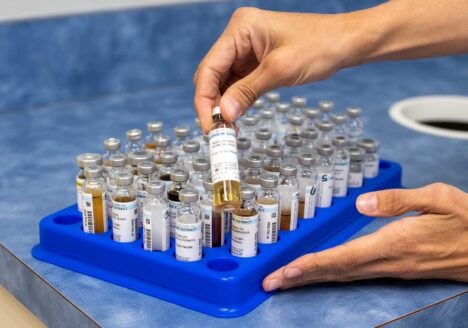When your pet ingests a potentially toxic substance, swift and informed action is crucial. While home remedies might seem tempting, professional veterinary intervention is paramount for safe and effective decontamination.
Upon suspected toxin ingestion, immediate veterinary consultation is crucial. Professional decontamination, the removal or neutralization of the toxin, is essential for safe and effective treatment. Veterinarians possess the expertise to accurately assess the situation and administer appropriate interventions. Sometimes, vomiting is not indicated or could even be harmful. For example if a toxin is corrosive in nature, this will cause more harm if vomiting is induced. If vomiting is indicated, veterinarians may use apomorphine, minimizing stress compared to potentially harmful home remedies like hydrogen peroxide. Alternative decontamination methods include activated charcoal to bind toxins and gastric lavage to flush the stomach. Beyond decontamination, a comprehensive veterinary assessment is vital. This evaluation enables veterinarians to assess your pet’s overall health, identify potential complications, and provide necessary supportive care, including further diagnostic tests or specialized treatments, to ensure the best possible outcome
Step-by-Step Guidance:
- Immediate Contact: ASPCA Animal Poison Control Center:
- The first step is to call the ASPCA Animal Poison Control Center (APCC) at (888) 426-4435. They provide expert advice on toxin ingestion and can guide you on the best course of action. While there is a consultation fee, contacting them before heading to the veterinarian or emergency clinic can potentially save you significant costs and time. The APCC has access to a large database that lists toxin information and can give your veterinarian team a very specific direction for treatment.
-
Veterinary Consultation:
- Regardless of the APCC’s advice, contacting your local veterinarian or an emergency veterinary clinic is highly recommended, especially if your pet shows any symptoms. Providing your veterinarian with the APCC case number will allow them to quickly access the information given by the poison control center.
-
Accurate Information:
- Provide the APCC and your veterinarian with as much information as possible:
- The suspected toxin and the amount ingested.
- The time of ingestion.
- Your pet’s breed, age, weight, and any pre-existing health conditions.
- Any symptoms that your pet is showing.
- Provide the APCC and your veterinarian with as much information as possible:
-
Veterinary Treatment:
- Your veterinarian will use the information provided by you, and the poison control center to decide on the best course of treatment. This might include induced vomiting, activated charcoal, IV fluids, or other medications. Do not attempt to induce vomiting at home without veterinary direction.
Important Considerations:
- “The dose makes the poison”: Even small amounts of some toxins can be life-threatening.
- Time is critical: Prompt action can significantly improve your pet’s chances of recovery.


